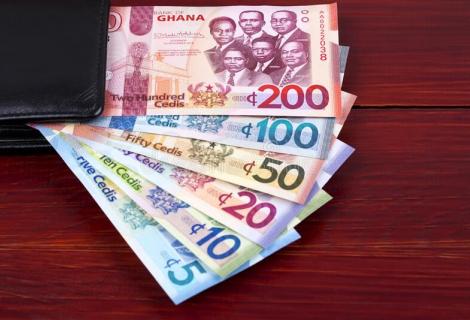ActionAid responds to IMF debt relief announcement

ActionAid International responds to the International Monetary Fund’s announcement of immediate debt relief for 25 countries, including 19 in Africa, cancelling $215million in payments over the next six months.
As G20 finance ministers meet for the IMF and World Bank virtual Spring meetings, the global social justice organisation is calling for more developed countries to step up and provide funds for the Catastrophe Containment and Relief Trust to help mitigate the devastating impacts of COVID-19.
ActionAid research published today shows many more health systems are ill-equipped to fight the pandemic. Congo Brazzaville is spending five times as much ($1.4bn) on foreign debt repayments as on health ($259m). Kenya, Ghana and the Gambia, are spending more than three times as much on external debt repayments than on health. Ghana has one of the highest debt servicing costs in the world, at 59% of GDP, spending $4.1 billion on foreign debt payments compared to $1.3 billion on health.
ActionAid statement:
“It’s good to see the IMF issuing emergency grants, because the last thing low-income countries need now is more debt. But ActionAid’s new research proves the new debt crisis runs much deeper than this plan from the IMF indicates.
“Health systems in Africa in are vastly underfunded and ill-prepared for the pandemic, with debt servicing far outstripping spending on health.
“If the G20 are serious about supporting the global south, this emergency trust needs enough funding to cover debt relief until 2022 and eligibility must be extended to countries most crippled by debt repayments. Kenya, Ghana and the Gambia, are spending more than three times as much on external debt repayments than on health.
“At the same time, the IMF should remove all loan conditions which currently prevent countries with debts to the World Bank from boosting their health spending.
“If international processes are still moving too slowly and are not going far enough to tackle the scale of the emergency, finance ministers in low-income countries should initiate a debt strike themselves. By working collectively and immediately suspending payments, finance ministers would gain access to money already in their treasuries – freeing up $50.4 billion for low income countries – to invest in the healthcare and social protections needed to respond to COVID-19.”
Ends.
For more details see our media briefing.